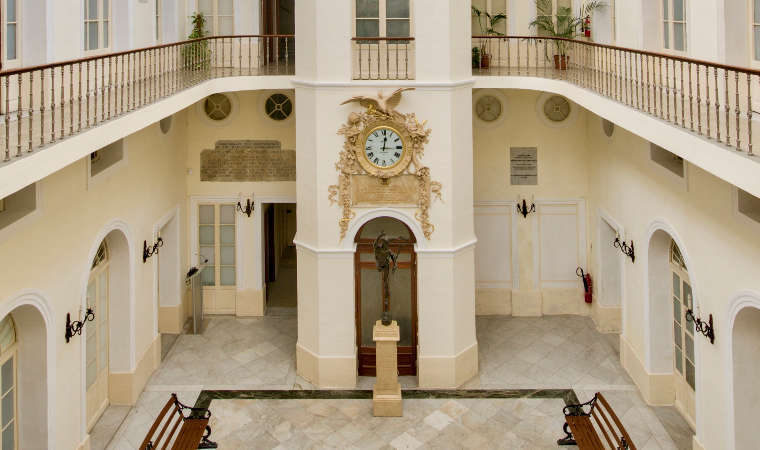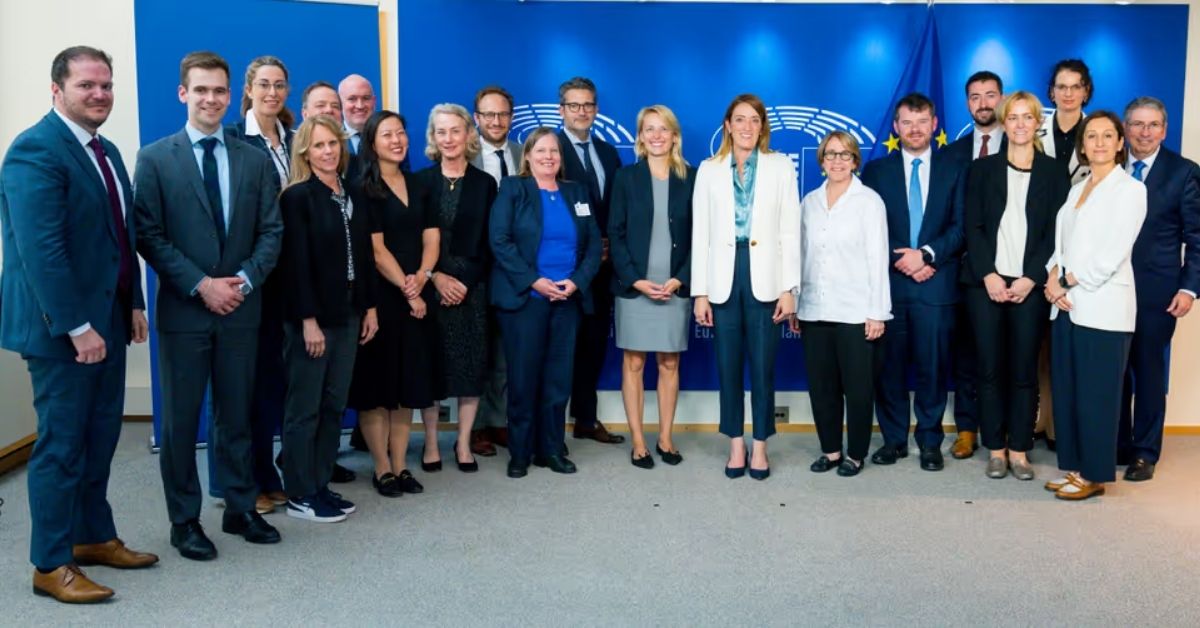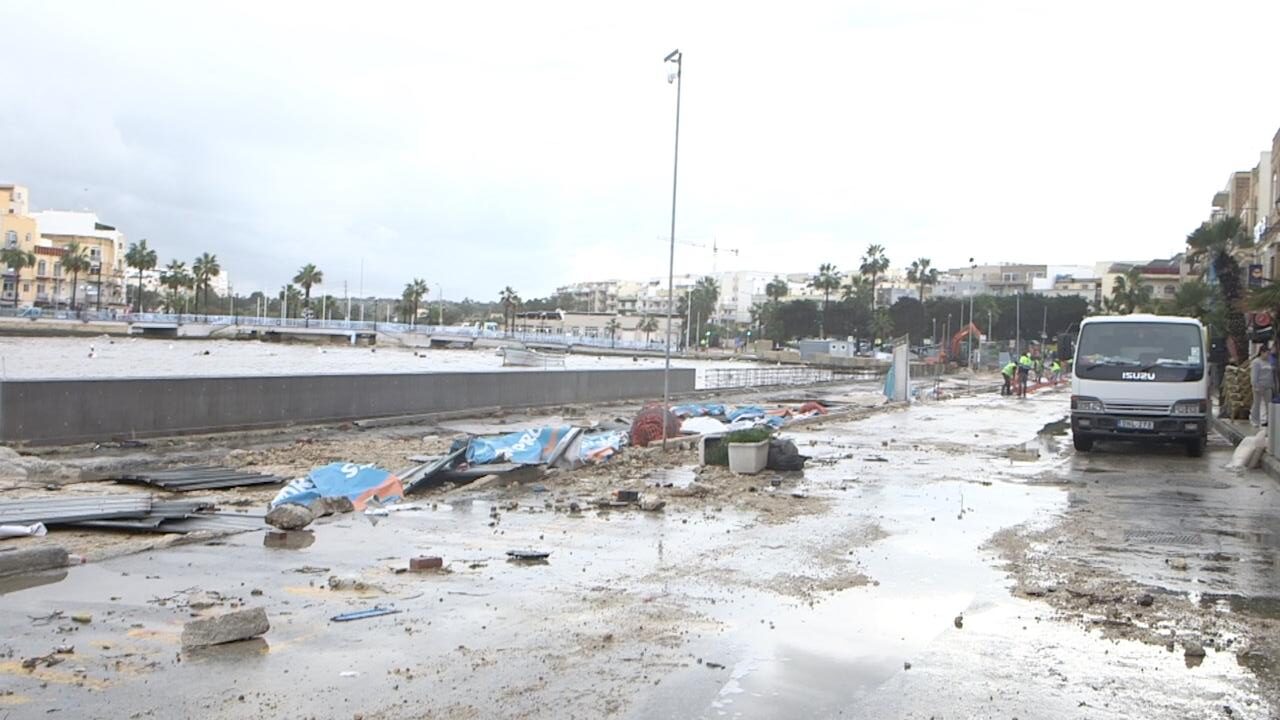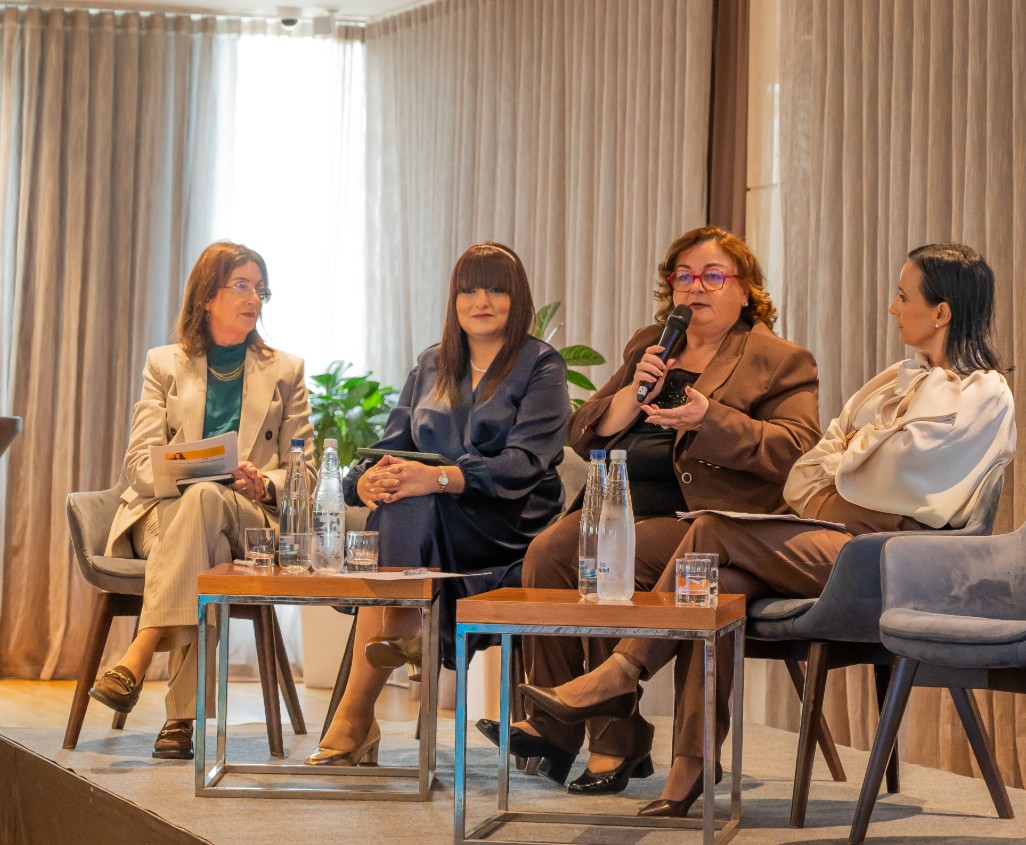“We believe that in the current economic climate, the Opposition has to instil a more constructive national dialogue about the country’s future.”
These were the words of Marisa Xuereb, President of the Malta Chamber, during the presentation of the organisation’s pre-budget recommendations to an Opposition delegation led by Nationalist Party (PN) leader Dr Bernard Grech.
Addressing the meeting, Ms Xuereb noted how a process undertaken by The Malta Chamber is aimed at proposing solid policy recommendations to the decision-makers of the country for a better and more resilient Malta.
“Difficult decisions in 2022 will be urgently needed and the business community expects that after the next general election a reform programme is initiated to allow the country to once again make sure that all its institutions are fully functioning and independent of any political involvement.”
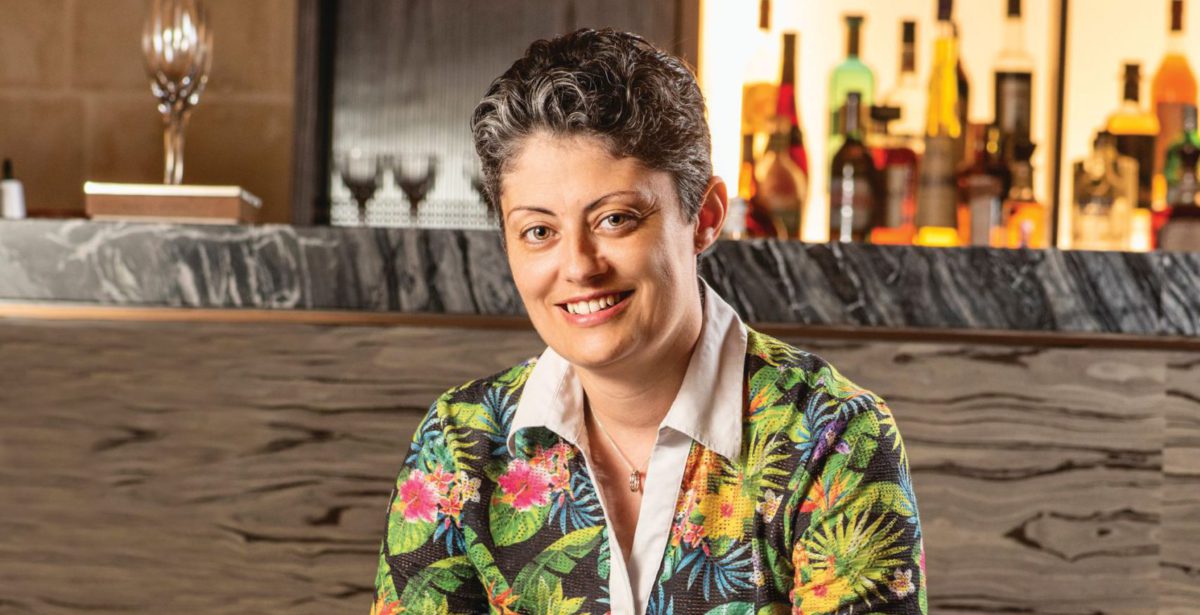
Ms Xuereb urged the leader of the Opposition to show his mantle and establish a bi-partisan approach towards the key challenges being faced by the country.
This introduction was followed by a presentation of the key recommendations, delivered by the Malta Chamber’s CEO Marthese Portelli which focused on issues such as Governance and international reputation, human capital, digitalisation, sustainability and economic recovery.
It was noted how the Chamber was once again taking a proactive approach and has made concrete suggestions totalling almost 200 between sectoral and horizontal proposals which impact all sectors.
Dr Portelli, herself a former PN MP, said it is crucial that in the run-up to the next general election, the two parties do not fall into the traditional populist trap but instead they should focus on proposals that bring a vision which the country so badly needs.
She also insisted that “a bi-partisan approach is urgently required in terms of Malta’s regional aid status”.
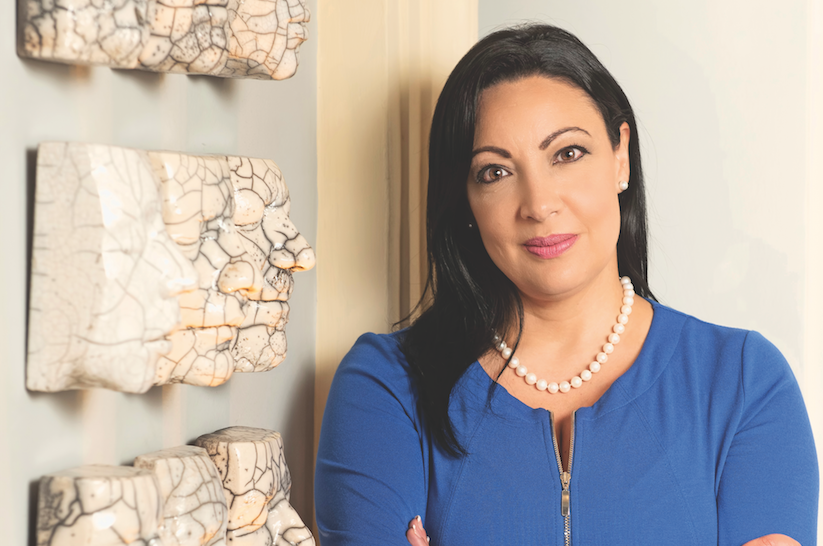
She said a concerted effort is required as the EU remained intransigent in its application of rules relating to the matter. She reiterated the Chamber’s position that Malta, due to its insularity, peripherality and small market size, cannot be placed on the same level as other states which are vastly larger.
She explained how islands much larger than Malta are allowed to provide regional aid measures to compensate for their added operating costs due to the geographic insularity, simply because they are considered island regions rather than island states.
This situation proposes an unfair disadvantage in terms of investment aid and freight and logistics costs to Malta’s manufacturing and import and export sectors.
In conclusion, the Chamber President once again underlined the several areas of convergence between the Chamber and the Opposition’s long-term ambitions for the economy and the country.
Ms Xuereb was flanked by CEO Marthese Portelli, the Chamber’s Deputy President Chris Vassallo Cesareo, Vice-President Nick Xuereb, Head of Policy Andre’ Fenech and Head of Members Relations Kevin Mizzi. The Chamber’s proposals were also previously presented to the Prime Minister, several cabinet members as well as the Malta Council for Economic and Social Development (MCESD).
French NGO accuses Metsola and MEP of working with USA to dismantle Green Deal
Bloom calls out EU officials for 'adopting the Trump administration's strategy' to torpedo corporate environmental due diligence
Storm-hit businesses can now apply under amended Malta Enterprise scheme
A new measure offers targeted aid to storm-hit businesses while giving non-compliant operators one year to regularise their permits
Access to finance and rising fraud risks discussed at Malta Women & Finance Summit 2026
Expert advice for spotting scams and opinions on investing


